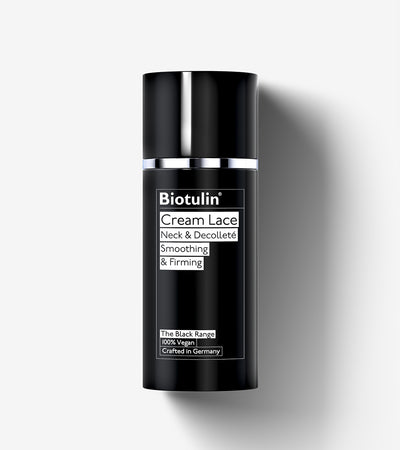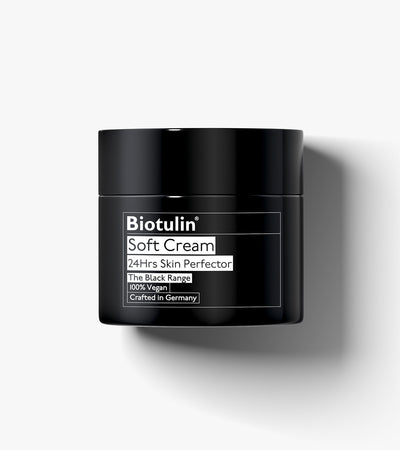Overview/Definition
Coco-caprylate is a lightweight, fast-absorbing natural ester derived from coconut oil and caprylic acid. It functions as an emollient in skincare products, providing a smooth and silky texture without the heaviness of traditional oils. This ingredient is valued for its ability to hydrate and soften the skin, making it a popular choice in various skincare formulations. Its non-greasy finish and quick absorption make it ideal for daytime use, as it doesn't leave an oily residue. Coco-caprylate is also appreciated for its sustainability, as it serves as a natural alternative to synthetic oils, aligning with environmentally conscious practices in the cosmetics industry. Its versatility and effectiveness have made it a staple in many skincare products, from moisturizers to serums and sunscreens.
Function in Skincare
Coco-caprylate primarily serves as an emollient in skincare products. Emollients are essential for maintaining the skin's moisture barrier by forming a protective layer that prevents water loss. This ingredient helps to:
- Softens and smooths the skin's surface, enhancing its overall texture.
- Retains moisture, preventing dryness and maintaining hydration.
- Provides a lightweight, non-greasy film that locks in moisture without clogging pores.
Skin Type Suitability
Coco-caprylate is suitable for all skin types, but it is particularly beneficial for:
- Dry Skin: Its moisturizing properties help to alleviate dryness and flakiness.
- Sensitive Skin: Being non-irritating, it is gentle enough for sensitive skin types.
- Oily and Acne-Prone Skin: Its non-comedogenic nature means it won't clog pores, making it safe for those prone to breakouts.
It addresses specific concerns such as dehydration, rough texture, and the need for lightweight hydration.
Benefits
Coco-caprylate offers several benefits for the skin:
- Enhances skin hydration and softness.
- Improves the spreadability of skincare products, making them easier to apply.
- Non-greasy and fast-absorbing, leaving a smooth finish.
- Supports the skin's natural barrier function.
- Helps in the absorption of other active ingredients in skincare formulations.
While specific scientific studies are limited, the general consensus among skincare experts supports its efficacy as an emollient and skin conditioner .
Potential Side Effects or Risks
Coco-caprylate is generally considered safe for use in cosmetics. However, like any ingredient, it may cause:
- Allergic reactions in individuals with sensitive skin or specific allergies to its components.
- Minor irritation, although this is rare due to its non-irritating nature.
It is always recommended to perform a patch test before incorporating new skincare ingredients into your routine.
Usage in Skincare Products
Coco-caprylate is commonly found in a variety of skincare products, including:
- Moisturizers and creams.
- Serums and facial oils.
- Sunscreens and body lotions.
- Makeup products like foundations and concealers.
It is typically used in concentrations ranging from 2% to 25%, depending on the formulation and desired effect .
How it’s used
To incorporate coco-caprylate into your skincare routine:
- Apply products containing coco-caprylate as part of your daily moisturizing routine, ideally in the morning due to its lightweight texture.
- Use it in conjunction with other hydrating ingredients like hyaluronic acid for enhanced moisture retention.
- Frequency of use can be daily, depending on your skin's needs and the specific product instructions.
Scientific Studies/Research
While there are limited specific studies on coco-caprylate, its safety and efficacy as an emollient are well-documented in the skincare industry. The Cosmetics Ingredient Review has deemed it safe for cosmetic use when formulated to be non-irritating .
Other Names/Synonyms
Coco-caprylate may also be listed under alternative names such as:
- Coco-caprylate/caprate
- Caprylic/capric triglyceride (although this is a related but distinct ingredient)
Sustainability/Environmental Impact
Coco-caprylate is considered a sustainable and eco-friendly ingredient. It is derived from natural sources like coconut oil and serves as an alternative to synthetic oils. Its production and use align with environmentally conscious practices, making it a preferred choice for those seeking cruelty-free and vegan skincare options .
Fun Facts (Optional)
Coco-caprylate's versatility makes it a popular ingredient not just in skincare but also in hair care products, where it helps to smooth and condition the hair without weighing it down.



